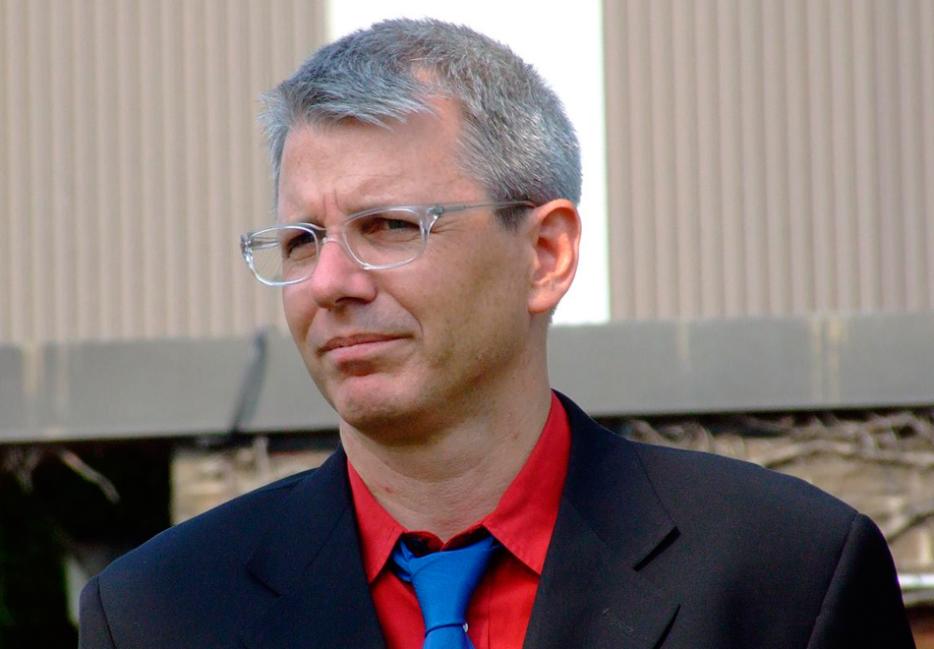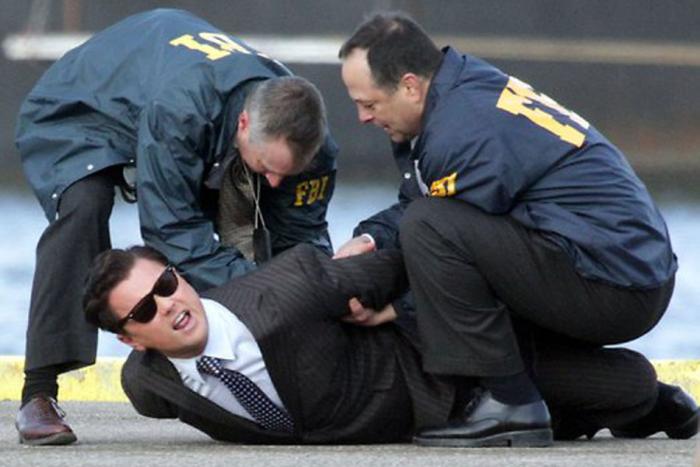In early May 2011 I found myself drinking heavily and late into the evening at Hart House at that year’s Toronto the Good party. The party was distinguished from other parties of the type largely by scale, not composition—after all, plenty of shindigs in this town mix politicians, architects, planners, civic-minded reporters, and assorted other local loudmouths.
Speaking with City Councillor Adam Vaughan that evening, just days after Michael Ignatieff had led the Liberal Party into a smoking crater, I made conversation by repeating what seemed the common wisdom of the time: the Liberals were doomed, doomed I said, and it wasn’t clear how the party could get out of the electoral cul-de-sac it had found itself in.
But the councillor, in what was either extraordinary prescience or extraordinary planning, said to me: “The Liberals have been in bad spots before. The people who stuck with the party the last time around had names like Trudeau. And Vaughan.” (Vaughan was referring to his father, who was also a city councillor and journalist.) Ignatieff had stopped being the party’s leader just days earlier, and it would be almost 18 months before Trudeau would make his leadership bid official. The remark stuck with me, though, and came to mind the instant I heard Vaughan was being approached to run as the Liberal candidate to succeed Olivia Chow in Trinity-Spadina.
(The only other thing I remember from that night is some jerk spoiling Omar’s fate for me in The Wire. I will have my revenge.)
Not to say I wasn’t surprised when Vaughan’s candidacy was confirmed—I just wasn’t as surprised as some people. In particular, many seemed shocked to learn Vaughan is a Liberal at all, rather than the NDPer some of his opponents have made him out to be. This is only partly their fault: city councillors prize the lack of accountability that comes from not having party labels attached to their names, but Vaughan was never shy about his own allegiances.
More than that, though, many in Toronto (and elsewhere) have very strong opinions about Adam Vaughan and just naturally assume they vehemently disagree with him, which a) is probably a mistake, and b) may very well be Vaughan’s own fault. The councillor for Ward 20 can occasionally be—what’s the polite word?—abrasive. A classic politician is the kind of character who convinces everyone he meets he already agrees with them; my own personal hypothesis/joke is that a lot of people agree with everything Vaughan does and most of what he says, yet his personality convinces them he’s their enemy.
That’s why it’s useful to look at his actual record as a city councillor. He’s worked not just to make the condos built in his ward better, he’s made sure the prosperity downtown is accompanied by affordable units and reinvestment in the ward’s older housing projects. Last year Vaughan got the city’s official plan amended to standardize policies allowing developers to donate affordable units to charities in exchange for greater density, and the main opposition came from his left.
Vaughan’s focus on housing and affordability has been a welcome distraction from the psychodrama over transit in this town: he’s said to anyone who asks that he thinks the argument over transit hasn’t just been harmful for transit-building, it’s unnecessarily distracted us from everything else the city needs to build. Since Vaughan will, whether he wins in Trinity-Spadina or not, have more than a little input into the Liberal cities policy for 2015, it’s a safe bet he’ll try to push Ottawa back to housing funding as much as he’s able.
What Vaughan hasn’t done is try to stand athwart the incredible development pressure Trinity-Spadina faces, yelling “stop.” (This is, in part, what endears him to me, despite the above-mentioned abrasiveness.) Instead, he’s been one of council’s best at determining what his constituents need in order to get them to “yes.” The political difficulties here can’t be overstated: only two or three other wards in the city face anything like Ward 20’s development, and one of them is up in North York and has a half-empty subway that needs filling.
He has, naturally, made some enemies. Some local businesses blame him for condo development squeezing them out. It’s not clear what Vaughan could have done to stop the tide, but that hasn’t stopped some people from demanding their councillor play the burlesque of King Canute anyway. Of some amusement (to me, at least) is the fact that some of these businesses are the very same clubs that people blamed for ruining the neighbourhood 15 years ago.
On the subject of enemies, it shouldn’t be forgotten that Vaughan was never convinced of Rob Ford’s political powers. When Ford was riding high in the polls, and everyone up to the Premier of Ontario was cowering before the supposed power of Ford Nation, Vaughan just kept doing what he’d been doing: calling Rob (and, increasingly, his brother Doug) for the blustering, dumb bullies he saw them for.
That by this fall Rob Ford is likely to be unemployed and Adam Vaughan could be sitting in the House of Commons is just, to use a word, gravy.
Whether it actually matters to have him as an MP is another question. The last time we had an activist federal government in Canada, committed to helping cities in a big way, the results were decidedly mixed. Federal money helped build Toronto’s St. Lawrence neighbourhood, but the Ministry of State for Urban Affairs eventually fell apartamong infighting between the provinces and Ottawa over what was and remains, constitutionally, a provincial responsibility.
Insofar as Trudeau has a vision of urban affairs, he laid it out in his speech to the Liberal convention in February: infrastructure spending, and making cities more resilient in the face of climate change. Canadian cities already score well on resiliency, but then we’ve only just started to see what climate change can bring, and the last 12 months saw summer rainstorms and winter ice storms that both brought Toronto to a halt. (Calgary also had some flooding a while back that you may have heard about.)
As visions go, there’s a decent framework there—and it’s nice to have someone talking about climate change—but it appears it will be Vaughan’s job to flesh that out. “Fortunately,” the problems Vaughan’s familiar with in Toronto aren’t that dissimilar to the problems faced by other large Canadian cities, whether that’s Montreal or Vancouver or Calgary or any others.
Of course, he still has to win both the Liberal nomination, and then the by-election for Trinity-Spadina, whenever it’s called. I would normally say he should hand the riding to the Liberals in a walk, but there’s been some local drama about the Liberal nomination, and by-elections can be strange. All the same, Vaughan’s odds of winning have to be read as better than even.
It’s not yet clear to me Vaughan will be a good fit in Ottawa—he’s never had to work with caucus discipline before, and he’s clearly left a lot of people with the impression that he thinks he’s the smartest person in the room and isn’t interested in hiding it. But it should be interesting to watch him learn.





